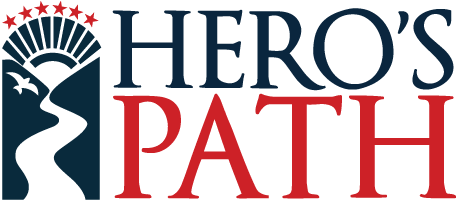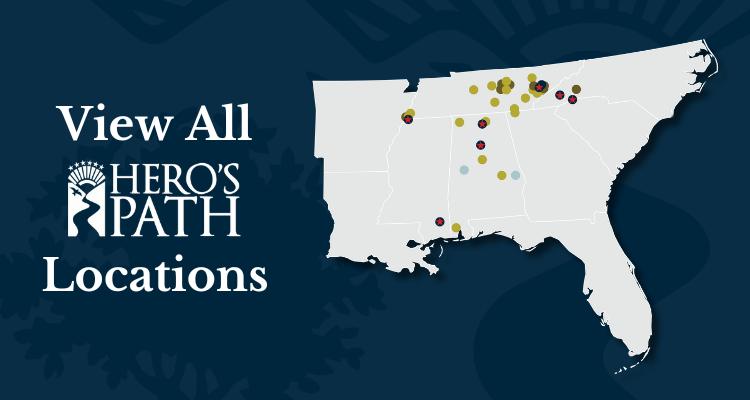For many veterans and their families, figuring out how to get help for addiction through the Veterans Affairs (VA) system can seem complicated. But it’s important to know that many resources and support are available. This guide will help you understand how to access these services and take the first steps toward recovery.
What is the VA?
The VA is an organization that provides a wide range of services for people who have served in the military. These services include health care, help with injuries or disabilities, and support for issues like addiction.
The VA’s approach to addiction treatment is multifaceted. Often partnering with programs like Bradford’s Hero’s Path, the VA offers various services designed to provide holistic support and care. This encompasses everything from initial assessments and detoxification to long-term outpatient care and support groups tailored to meet the specific needs of veterans.
Understanding the Need for Addiction Treatment Services
Addiction is a common issue found in our veteran population and can affect their lives in many ways. When a veteran is struggling with addiction, it makes it hard for them to keep a job, stay healthy, or have good relationships with friends and family. Drugs and alcohol are used as an escape from these problems and their feelings of anger or sadness.
But using these substances eventually makes things worse. Veterans need to get help if they’re dealing with addiction because, with the right support, they can start to recover. The VA and other groups have special programs to help veterans overcome addiction and live happier lives.
How to Get Started
While the VA provides access to addiction treatment, it can be difficult to know where to begin. Fortunately, there are a few steps veterans and their families can follow to make things easier.
1. Check Your Eligibility: The first step is to make sure you can get services through the VA. Most people who served in the military and were discharged under conditions other than dishonorable can use VA services.
2. Sign Up for VA Health Care: If you haven’t already signed up for VA health care, you can apply online, by mail, in person, or by calling the VA. Once you’re signed up, you can access addiction treatment services.
3. Talk to Your VA Doctor: Your VA primary care doctor is a great person to start with. They can discuss your concerns and help connect you with the right addiction treatment services.
For more detailed information, you can visit the Veteran Affairs official website.
Why It’s Important to Get Help
Sometimes, it might feel hard to ask for help, especially for those who have served in the military. You might be used to solving problems on your own or feel like you should be able to handle things without assistance. But it’s important to know that asking for help is a sign of strength. Addiction is a tough enemy to face alone, and there are people and programs ready to stand with you.
If you’re a family member of a veteran, you can play a big role in supporting your loved one. Encourage them to seek help and offer to help them navigate the VA system. Sometimes, knowing they don’t have to do it alone can make a big difference.
Looking Ahead
Recovery from addiction is a journey, and it’s okay to take it one step at a time. The VA and programs like the Hero’s Path Program are there to support veterans through every step of this journey. Remember, reaching out for help is the first step toward getting better.
Navigating the VA services for addiction treatment might seem overwhelming at first, but there’s a lot of support available. By taking it one step at a time, veterans can access the services they need to start their recovery journey. And always remember, you’re not alone in this. There are people ready to help you or your loved one overcome addiction and move toward a healthier future.
If you or a loved one are struggling, don’t hesitate to ask for help. The journey to recovery might not be easy, but with the right support, it’s possible. Visit the Veteran Affairs official website to learn more and take the first step toward healing today.
Remember, taking that first step by asking for help is a sign of courage and the beginning of your path to recovery.






